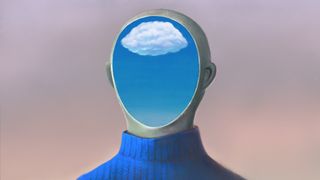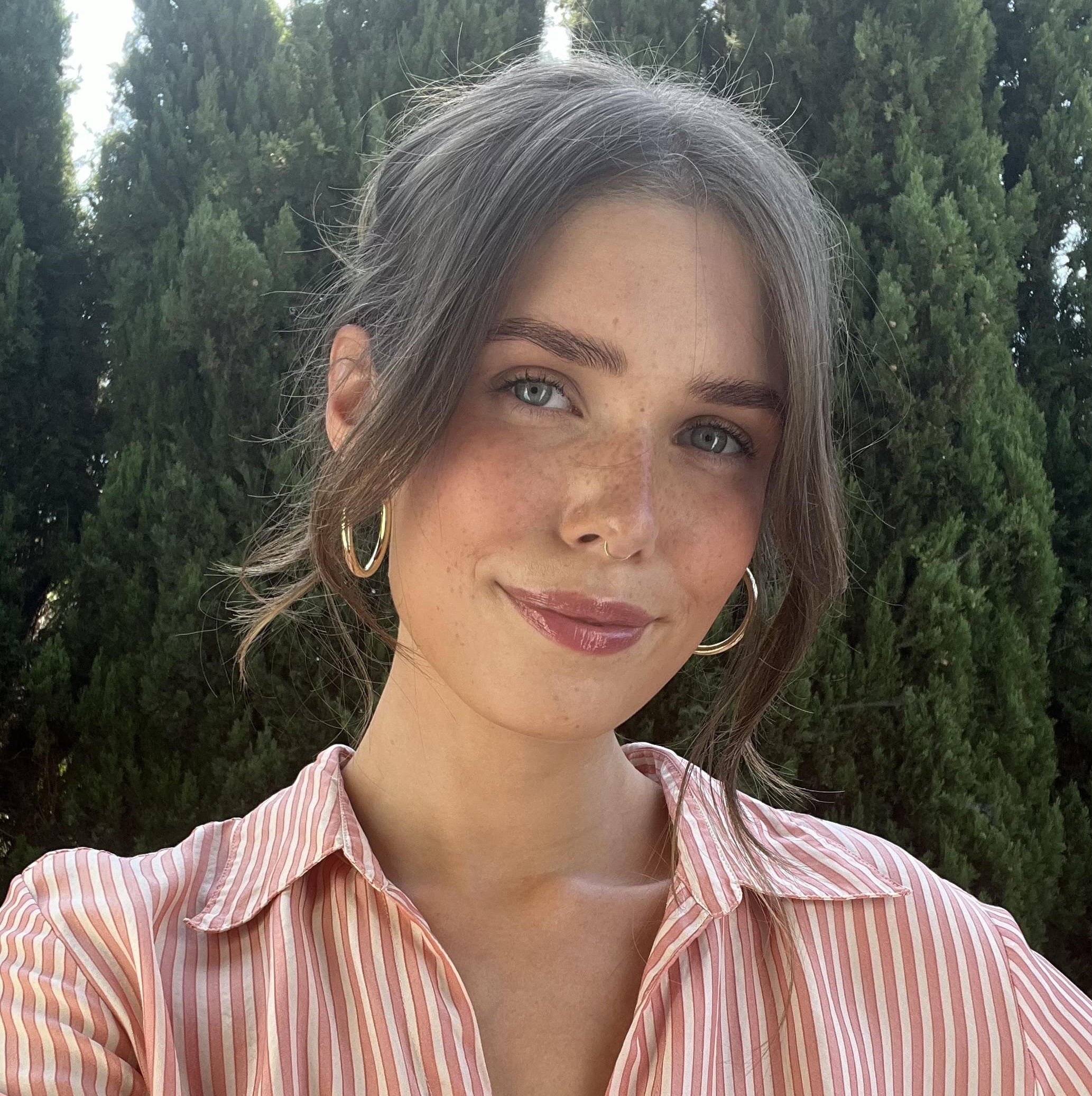
Marilyn Perkins
Marilyn Perkins is the content manager at Live Science. She is a science writer and illustrator based in Los Angeles, California. She received her master’s degree in science writing from Johns Hopkins and her bachelor's degree in neuroscience from Pomona College. Her work has been featured in publications including New Scientist, the Johns Hopkins Bloomberg School of Public Health magazine and Penn Today, and she was the recipient of the 2024 National Association of Science Writers Excellence in Institutional Writing Award, short-form category.
Latest articles by Marilyn Perkins

The history of cat domestication
By Marilyn Perkins, Stephanie Pappas last updated
Discover the history of our feline friends, and learn about the debate over whether cats are really "domesticated" at all.
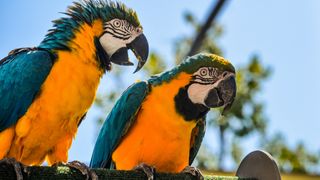
Do parrots actually understand what they're saying?
By Marilyn Perkins published
Parrots are prolific vocal learners. But do they actually understand the words they say?

The moon: Facts about our planet's lunar companion
By Adam Mann published
Discover interesting facts about how the moon formed, what it's made out of, and the many missions humans have launched to explore it.

Quantum computing: Facts about the ultra-powerful computers that use quantum mechanics
By Peter Ray Allison last updated
Discover interesting facts about quantum computers, how they differ from classical computers, and what sort of fields they'll be used in.

When was beer invented?
By Marilyn Perkins published
Humans discovered fermentation thousands of years ago, but ancient brews would have tasted much differently from the beers of today.
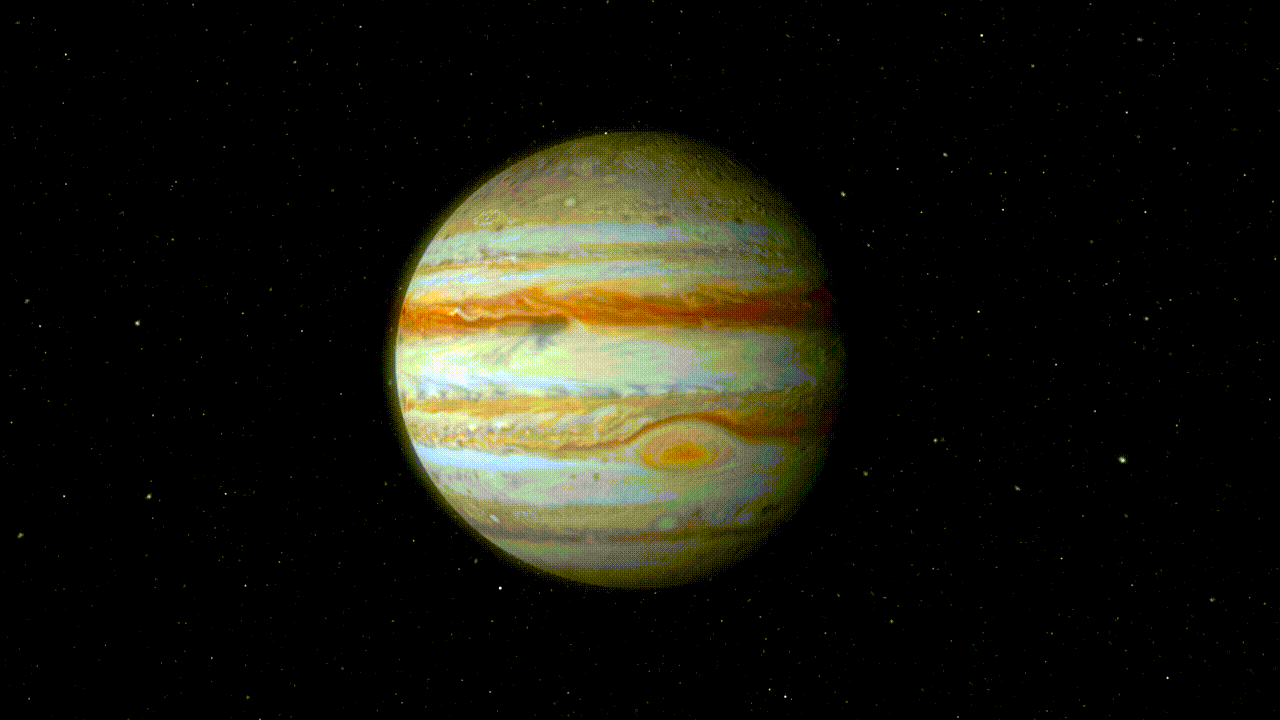
Jupiter: Facts about the biggest planet in our solar system
By Adam Mann last updated
Discover interesting facts about Jupiter, its many moons, and whether the gas giant and its moons could host extraterrestrial life

Saturn: Facts about the ringed planet
By Adam Mann published
Discover interesting facts about Saturn, its rings and whether it could contain extraterrestrial life.

What's the oldest known recipe?
By Marilyn Perkins published
Cooking is an essential part of human culture, but people haven't always written down recipes the way we do now.
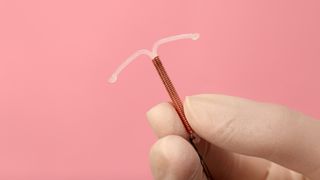
Is getting an IUD painful?
By Marilyn Perkins published
People experience different amounts of pain during IUD insertion, but there are a number of pain-relief options available to patients getting the contraceptive.
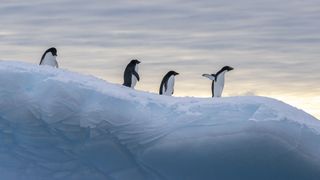
Antarctica: Facts about the southernmost continent
By Nola Taylor Redd last updated
Antarctica is the coldest, windiest, and driest continent. Because so little moisture falls as rain or snow, Antarctica is classified as a desert.
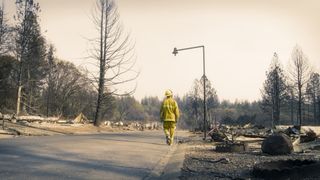
Climate change: Facts about our warming planet
By Stephanie Pappas, Marilyn Perkins published
Discover important facts about what climate change is, what's causing it, and what we can do to stop it.
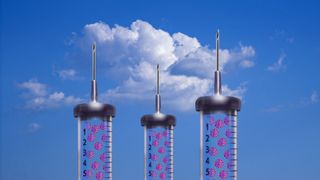
What are mRNA vaccines, and how do they work?
By Marilyn Perkins published
mRNA vaccines train the immune system in a similar way to traditional vaccines, but they use a different strategy to get there.
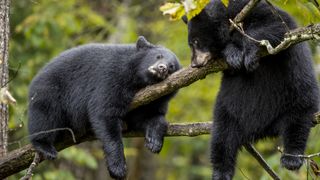
Bears: Facts about the furry omnivores that live in many parts of the world
By Marilyn Perkins published
Discover interesting facts about the different types of bears and learn why not all bears hibernate.

How much of your brain do you need to survive?
By Marilyn Perkins published
Case reports of people with atypical brains reveal the human brain's staggering ability to adapt to damage.

Cats: Facts about our feline friends
By Stephanie Pappas, Marilyn Perkins last updated
Discover interesting facts about cat intelligence, how they see the world, and why we keep them around.
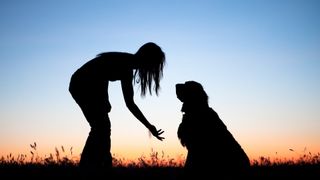
Can animals understand human language?
By Marilyn Perkins published
There are many famous examples of animals who seem to understand human language. But is there any real science behind them?
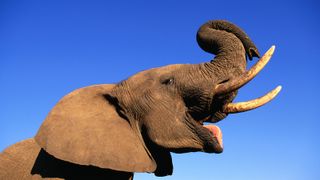
Elephant quiz: Test your smarts on the world's largest land animal
By Marilyn Perkins published
Quiz Elephants have good memories, but what about you? Take this quiz to find out how much you know about elephants.

Earth: Facts about the Blue Planet
By Marilyn Perkins, Adam Mann last updated
Discover interesting facts about how Earth formed, what it's made of and more.

Is it too late to get a flu shot?
By Emily Cooke last updated
Is it ever too late in the season to get a flu shot? Here's what experts have to say.
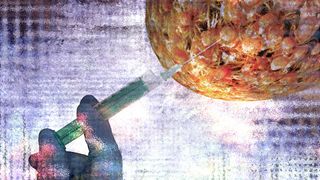
What are cancer vaccines?
By Marilyn Perkins published
Cancer vaccines harness the power of the immune system to stop tumors in their tracks. They work a little differently than regular vaccines intended to prevent infectious diseases, like measles or the flu.

Why do cats have 'toe beans'?
By Marilyn Perkins published
The round little pads on cats' paws are more than just cute — they're a feat of evolution that serve many important functions.
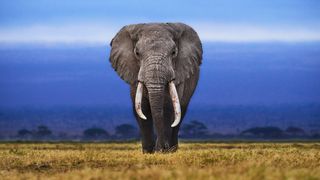
Elephants: Facts about Earth's largest living land animals
By Marilyn Perkins, Alina Bradford last updated
Discover interesting facts about elephants, the highly intelligent and social animals that roam Africa and Asia.
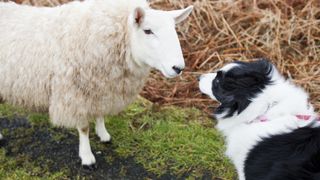
Can animals learn another species' 'language'?
By Marilyn Perkins published
Animals hear other species communicate around them every day. Do they understand what they're saying?
Get the world’s most fascinating discoveries delivered straight to your inbox.

